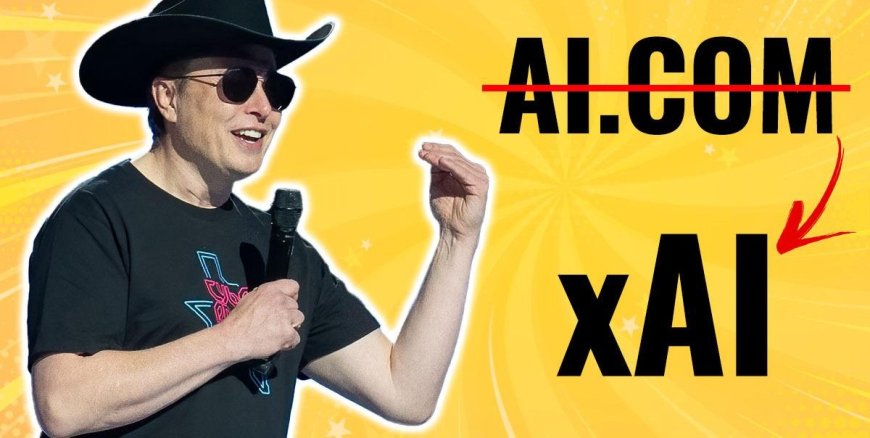Elon Musk’s Bid to Acquire OpenAI: A High-Stakes Power Play
Elon Musk has made a $97.4 billion bid to acquire OpenAI, raising questions about AI governance, ethics, and competition. Explore the potential impact of this major tech move.

ech billionaire Elon Musk has made headlines yet again with an audacious bid to acquire OpenAI, the artificial intelligence research organization he co-founded in 2015. The proposal, valued at an estimated $97.4 billion, has sparked widespread debate over the future of AI governance, innovation, and competition within the technology sector.
Musk’s Justification for the Acquisition
Elon Musk has expressed concerns over OpenAI’s governance and its shift towards commercialization. He has frequently criticized the company for straying from its original vision of open-source AI development. In a statement following his bid, Musk stated, "AI is the most powerful technology of our time, and it should be developed transparently and responsibly. My goal is to realign OpenAI with its founding principles."
Musk’s bid is seen as an attempt to regain influence over OpenAI’s direction, particularly as AI systems become increasingly integrated into critical industries, from healthcare to finance. He has also emphasized the need for greater safety measures in AI research to prevent potential existential threats posed by artificial intelligence.
Reactions and Controversies
The acquisition bid has generated mixed reactions from industry experts, government regulators, and OpenAI stakeholders.
-
Supporters argue that Musk’s involvement could ensure OpenAI remains mission-driven, focusing on ethical AI development rather than corporate profits.
-
Critics, however, warn that Musk’s leadership style and business interests could conflict with OpenAI’s core objectives. Some fear that his involvement may prioritize AI integration into Tesla and other ventures, rather than maintaining OpenAI’s independence.
-
Regulatory bodies in the U.S. and Europe have hinted at potential antitrust scrutiny, questioning whether Musk’s control over OpenAI would stifle competition in the AI sector.
Potential Legal and Financial Implications
Legal experts suggest that Musk’s bid could face significant hurdles, including opposition from OpenAI’s board and co-founder Sam Altman. There are also concerns about the financial feasibility of the acquisition, given OpenAI’s intricate ownership structure and the potential for shareholder resistance.
Moreover, if regulators deem the acquisition to be anti-competitive, Musk may have to make concessions, such as spinning off certain AI projects or agreeing to oversight mechanisms.
The Future of OpenAI
Whether Musk’s bid succeeds or not, the proposal has reignited discussions about the governance of AI and the influence of powerful tech figures on its future. If successful, Musk’s acquisition could reshape OpenAI’s priorities, potentially emphasizing safety and ethical concerns over commercial expansion. However, if the bid is rejected, it may push OpenAI to reinforce its independence and governance structure.



 Utej
Utej 





